US agency asks FCC to crackdown harder on carriers for restrictive unlocking policies

The National Telecommunications and Information Administration (NTIA) is urging the Federal Communications Commission (FCC) to enforce a stricter smartphone unlocking policy than it's currently considering.
The FCC is debating issuing a regulation that would require carriers to unlock smartphones within 60 days of activation. Currently, different carriers have different unlocking rules. Most companies require you to stay with them until contractual requirements are met and your phone has been paid off.
T-Mobile and AT&T are pushing back on the proposed rule, arguing it would make it difficult for them to continue offering the same level of discounts they do right now.
NTIA, which is an agency with the Department of Commerce, has commended the FCC for proposing the regulations and wants the Commission to enforce even tighter rules.
The FCC is debating issuing a regulation that would require carriers to unlock smartphones within 60 days of activation. Currently, different carriers have different unlocking rules. Most companies require you to stay with them until contractual requirements are met and your phone has been paid off.
NTIA, which is an agency with the Department of Commerce, has commended the FCC for proposing the regulations and wants the Commission to enforce even tighter rules.
...we urge the Commission to explore ways to further reduce the wait wherever possible, such as when the fraud risk is low, or when a customer in good standing makes an unlocking request. We also maintain that there should be no distinction in the rules between. devices sold with prepaid and postpaid plans and are unconvinced by arguments that the prepaid subsidy model only works with locked devices. We note that Verizon is required to unlock prepaid devices within the same period as postpaid devices, yet they still offer subsidized devices for use with prepaid services.
NTIA, November 2024
NTIA has criticised the current "anti-competitive and anti-consumer practice of keeping mobile wireless devices locked to a single carrier" and wants consumers to have the flexibility of switching providers freely.
The agency has requested the FCC to consider an unlocking period shorter than 60 days wherever possible, such as when a customer with a good track record requests unlocking or when the fraud risk is low.
NTIA also says that prepaid and postpaid phones should be governed by the same rules and has rejected arguments that prepaid discounts can only be offered with locked devices. The agency has mentioned that Verizon has the same unlocking policy for both prepaid and postpaid customers, but it still offers subsidized prepaid phones.
NTIA has also suggested that the devices should be unlocked automatically whenever feasible, lifting the burden from consumers to request an unlock.
Lastly, NTIA has also asked the FCC to expand the rule to encompass tablets as well, which are often also chained to carriers.
NTIA argues that all consumers, regardless of their financial standing, should be able to change carriers seamlessly and has asked the FCC to not consider suggestions that a shorter unlocking policy would benefit low-income consumers.
Looking at the opposition the FCC is facing for proposing a 60-day unlocking policy, it's unlikely to side with NTIA and suggest even tighter rules.
NTIA also says that prepaid and postpaid phones should be governed by the same rules and has rejected arguments that prepaid discounts can only be offered with locked devices. The agency has mentioned that Verizon has the same unlocking policy for both prepaid and postpaid customers, but it still offers subsidized prepaid phones.
NTIA has also suggested that the devices should be unlocked automatically whenever feasible, lifting the burden from consumers to request an unlock.
Lastly, NTIA has also asked the FCC to expand the rule to encompass tablets as well, which are often also chained to carriers.
Looking at the opposition the FCC is facing for proposing a 60-day unlocking policy, it's unlikely to side with NTIA and suggest even tighter rules.



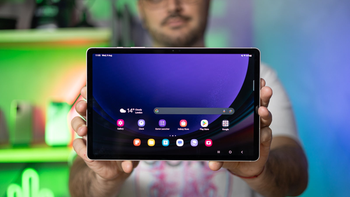
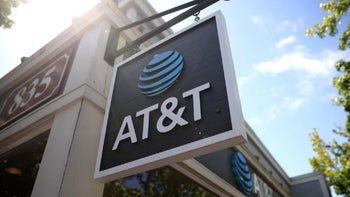
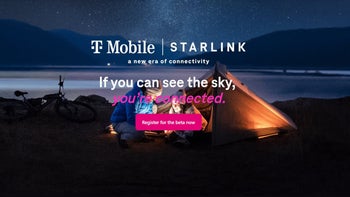
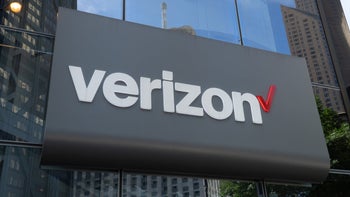

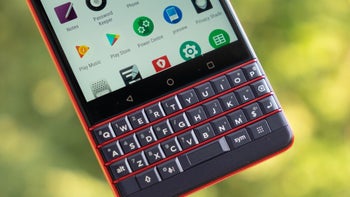
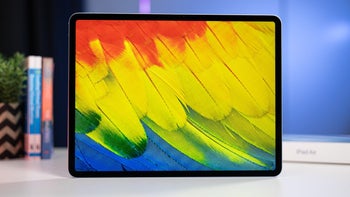
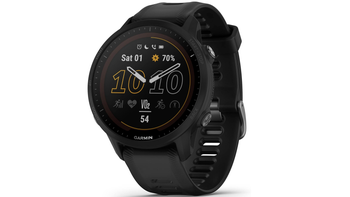

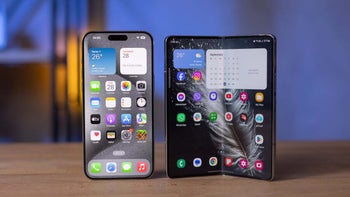
Things that are NOT allowed: